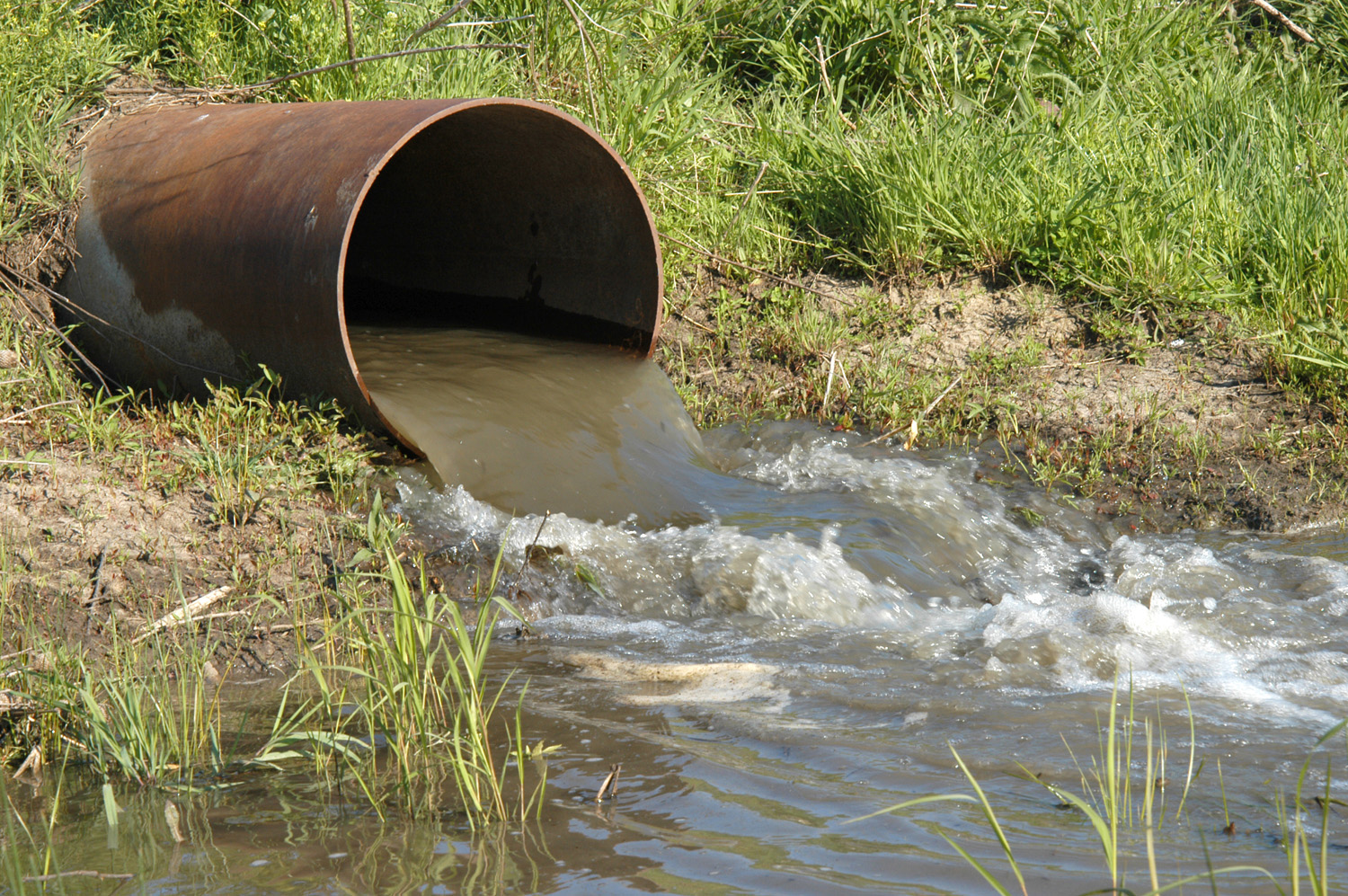How Eco-friendly Technologies Affect Wastewater

Many are commonly unaware of how easily our water sources and surrounding environments can become contaminated by dirty water. Humans survive through the consumption and use of fresh clean water on a daily basis. Without properly filtered water to drink and bathe with, everyday life would be completely altered, if it continued to exist at all. Below are some ways that eco-friendly technologies like Econocycle affect wastewater for the better.
What Is Wastewater?
Any water that has been affected by human use is considered wastewater. Wastewater can come from domestic homes, commercial and industrial facilities. Any time you flush your toilet at home or hear the dishes being washed at your favorite restaurant, wastewater is being produced. Any tainted water coming from schools, hospitals, office buildings and farms is classified as wastewater. Most wastewater usually has a high composition of chemicals and toxins in which runoff into larger bodies of water. It is even possible for some of this dirty wastewater to find its way into your drinking water. Although most wastewater is filled with toxins and contaminants, graywater is clean enough to be used for things like watering plants.
What Is Graywater?
Different from highly polluted water, graywater is any kind of domestic wastewater aside from sewage. The difference between graywater and sewage (or blackwater) is its organic makeup. Being loaded with materials like food, yard, and human waste, blackwater holds to be much more organic thanks to its sources compared to that of graywater. Some sources of graywater include sinks, showers/baths, washing machines and dishwashers. All of which do not include fecal contaminants making the wastewater they produce much cleaner than that of toilets and industrial factories. Thankfully there is technology available making wastewater and graywater treatment feasible.
Wastewater Technologies
There are countless tools and techniques out there that help sustain the flow of clean filtrated water. Screening and floatation are great methods for commercial industries to use for water cleansing purposes. The initial investment for a proper wastewater purification system can provide organizations like hospitals can be sure they never run out of clean water for their patients. Not to mention the benefits one of these systems offers the environment. Constant upkeep on contaminated water leads to the release of strictly clean water back into the natural water cycle. Rather than disposing of chemically infected water in the backyard of their buildings, businesses can fulfill their social responsibility and help keep a clean and healthy environment. Thankfully these technologies are also available in your home!
How Can You Help?
By installing an effective home sewage system, you would be decreasing the decay of the natural environment around your home. Designed to treat wastewater left off from regular household and commercial activities. It is important to remember that some states even have certain waste discharge standards as well. Thankfully to your benefit, waste cleansing systems help regulate contamination of water.
While adding to the welfare of the environment a proper wastewater care system can go a long way. Commonly used in the business world, it should be known that home filtration systems could be incredibly beneficial. Staying Eco-friendly saves you money and keeps your surrounding area free of toxic contamination. As result, this can only help you prosper in the business world or live comfortably and healthy at home.

0 Comments
Recommended Comments
There are no comments to display.